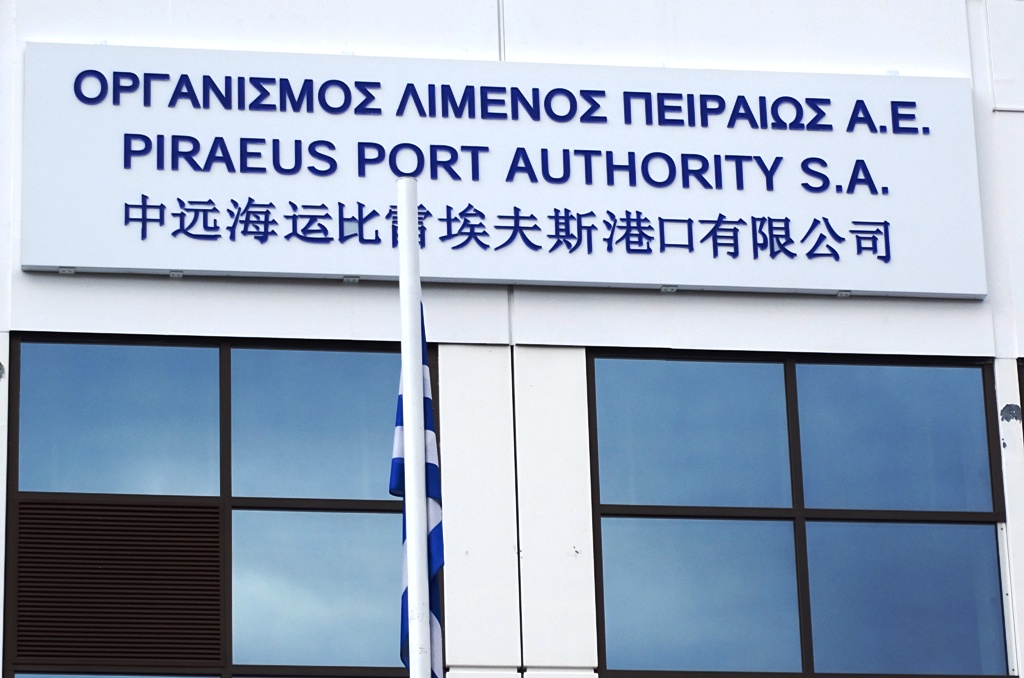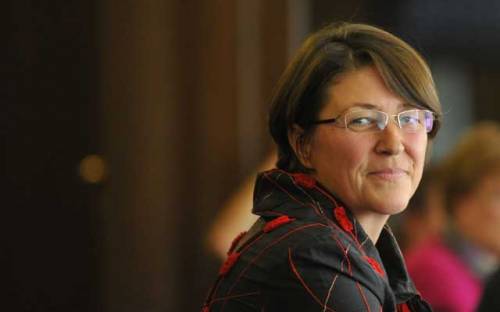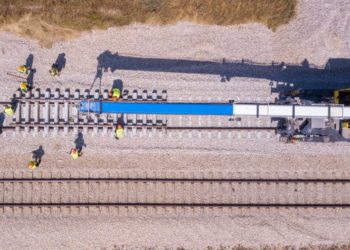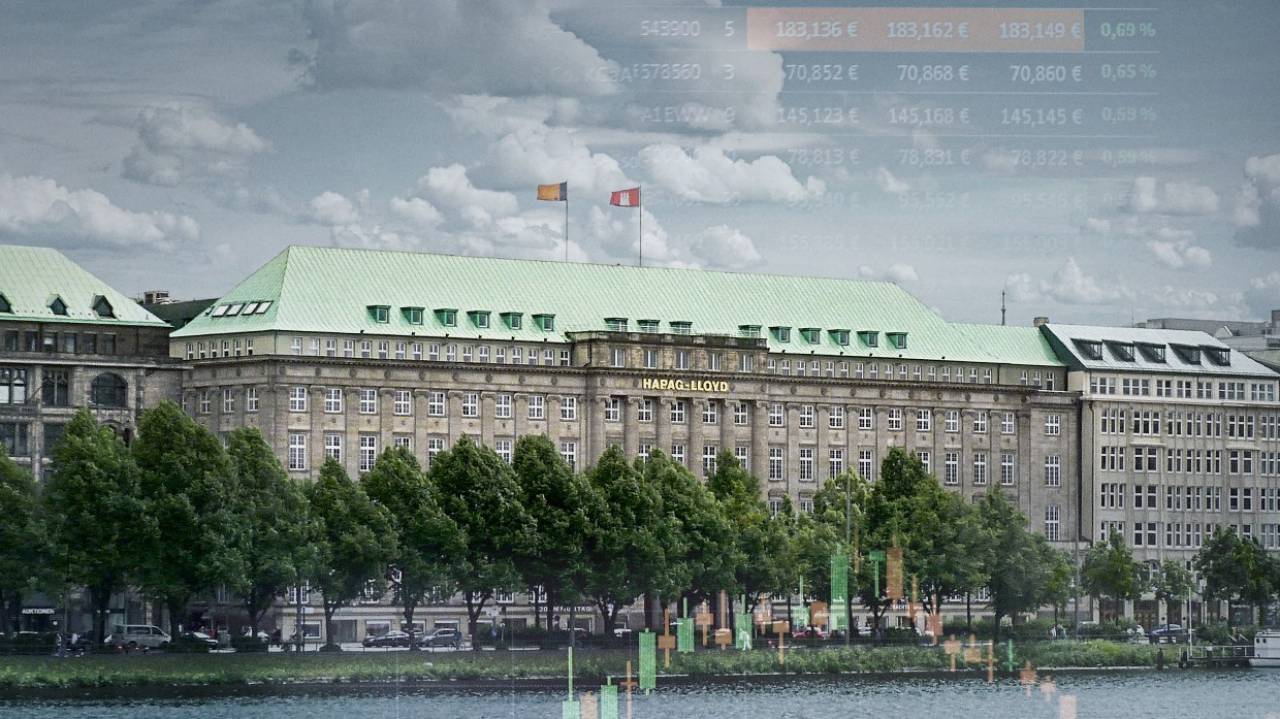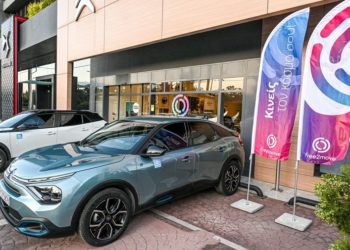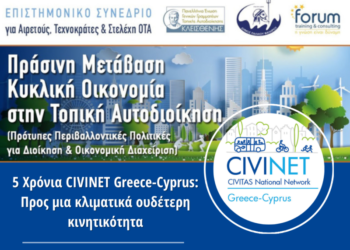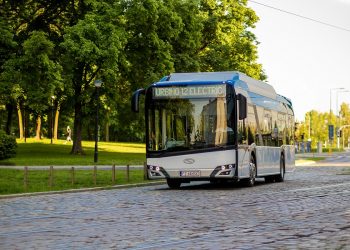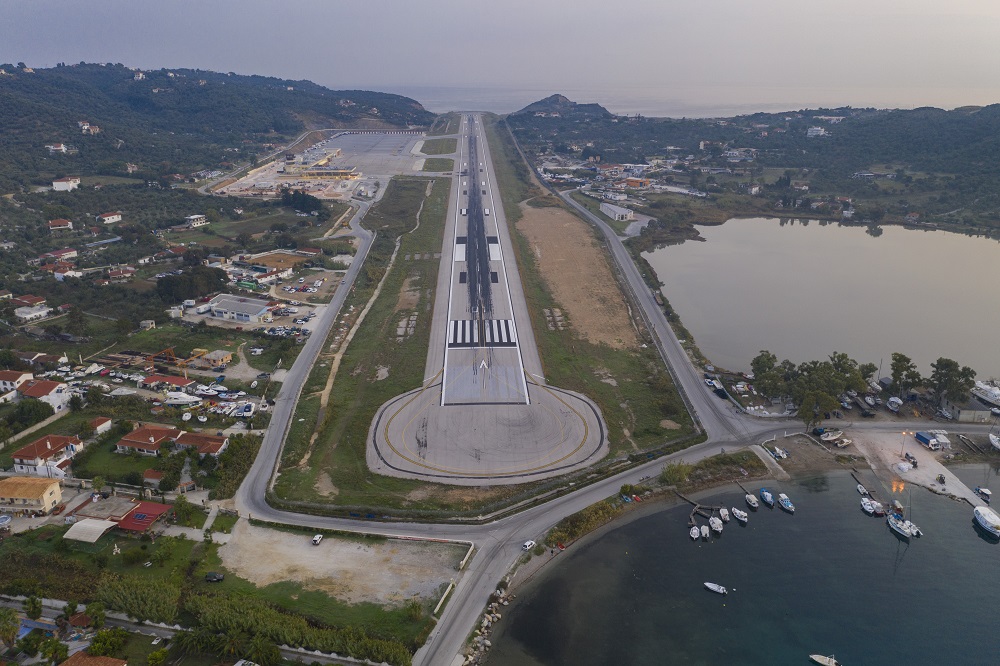European Union Transport Ministers met in Brussels, in 3 December, under the Austrian Presidency of the EU. Violeta Bulc, EU Commissioner for Transport, represented the European Commission.
Main agenda items
- Mobility Package I
- Combined Transport Directive
- Road infrastructure safety management
- Airspace capacity
- Signature Danube Declaration
- Inland waterway transport
- Discontinuing seasonal changes of time
- Rail Passengers rights
- Minimum training of seafarers
- European Maritime Single Window environment
- Regulation on the Connecting Europe Facility (CEF)
- Regulation on streamlining measures for the realisation of the trans-European transport network (TEN-T)
- Directive on the promotion of clean and energy-efficient road transport vehicles
- Regulation on electronic freight transport information (eFTI)
1. Mobility Package I
Yesterday the Transport Council reached a number of important political agreements. In particular, the Transport Ministers reached a general approach on the mobility package, which includes a number of important social reforms for the road sector and is a flagship file of the Juncker Commission. Once finalised and implemented, this agreement will make a real difference for both drivers and operators alike. The measures will put an end to certain unacceptable practices in the sector and will improve the working conditions of drivers. The agreement reached at ministerial level includes in particular measures:
- to fight letterbox companies with detailed establishment criteria,
- to put an end to abuse in cabotage operations while ensuring that the market access is neither further liberalised nor restricted,
- to improve drivers resting conditions with regular return home,
- to ensure fair remuneration while operating in other Member States through the effective application of posting rules adapted to the sector,
- to allow more and better targeted controls, with the fast deployment of new smart tachographs on trucks,
- to increase cooperation between national enforcement authorities,
- to reduce the administrative burden on operators and better use digital tools.
Speaking at the end of the Council, Commissioner for Transport Violeta Bulc said: “I am really happy today that the Council could reach an agreement on Mobility Package I. This is an outstanding result! This General Approach will allow, as soon as the Parliament will vote on the texts, to start trilogues in view of adopting the legal texts still under the term of this Parliament. The forthcoming Romanian Presidency will have the big task to reach an agreement in a record time. Please be assured that the Commission is ready to assist you to in these inter-institutional discussions.”
2. Combined Transport Directive
Today, a General Approach was reached on the amendment of the Combined Transport Directive, proposed by the Commission as part of the Mobility Package II. The objective of this proposal is to increase the support for combined transport and thereby promote modal shift for freight and decarbonisation. The Commission welcomes the general approach reached by Ministers on this important proposal but would have hoped for a higher level of ambition. We expect this to be improved before the final adoption of the text, thanks to the support of the European Parliament during trilogues.
3. Road infrastructure safety management
The Transport, Telecommunications and Energy Council (TTE) reached a General Approach on the proposal on Road infrastructure safety management. The proposal is part of the Mobility Package III adopted by the Commission in May 2018.
The Commission welcomes the endorsement of the key orientations of our proposal which should help increase the safety of European road infrastructure. The Commission would have, however, wanted to see more ambition on defining the extension of the geographic scope of the proposal and the section on road markings and signs which has not met the approval of Member States.
Every year in Europe 25,000 road deaths occur. Infrastructure is a determining factor in about 30% of serious road accidents and thus plays a crucial role in bringing these numbers down. Infrastructure is a crucial part of the mix of factors – alongside safer vehicles and driver behaviour – that we are addressing with the ‘Safe System’ approach.
Commissioner for Transport, Violeta Bulc, said: “I welcome the progress made. But we need to walk the talk and deliver a higher level of ambition, as the Commission has proposed. We will return to these issues in trilogue meetings between the European Parliament, the Council and the Commission.”
4. Airspace capacity
Ministers had a debate during lunch on Airspace capacity. During her address to Ministers, Commissioner for Transport, Violeta Bulc, pointed out that European air traffic crossed the threshold of 1 billion passengers and 10.6 million flights a year. She recalled last year’s celebration of 25 years of the European Single Aviation Market and emphasised what open markets can achieve and how connectivity in Europe has significantly improved over that period.
At the same time, Commissioner Bulc raised awareness to outstanding challenges the EU must face, and said: “Our current air traffic system is struggling to cope with the ever-increasing volume of traffic, and other disruptions which contribute to delays. The system needs an urgent upgrade. This is why we have put this issue on the agenda. We have a collective responsibility to look at the facts, and take action together. This is a collective responsibility! I’m therefore inviting you to help us build a genuine Single European Sky to stop the fragmentation of our airspace and to modernise our Air Traffic Management.”
5. Danube Declaration
The Transport Ministers of the participating countries, with the exception of the Hungarian Minister, signed the Danube Ministerial Conclusions. The Declaration features the shared vision of the riparian EU and non-EU countries regarding the Danube such as good navigation status, harmonised control forms, digitalisation, rehabilitation of strategically important lock facilities, reduction of administrative barriers and greening of the inland fleet.
6. Inland waterway transport
The Council adopted conclusions on inland navigation which call for a follow up programme for the post-2020 period. The Council Conclusions are in line with the Commission’s current activities and foreseeable further actions in the area. EU policy on inland navigation is essential for decarbonisation. It is the most CO2 efficient transport mode and possesses a lot of unused potential.
7. Discontinuing seasonal changes of time
The Austrian Presidency presented a progress report, concluding that Member States need more time to consider their national position.
Commissioner for Transport, Violeta Bulc, said: “It will not come as a surprise that I would have preferred seeing a general approach agreed, rather than a progress report. This is an issue that directly touches European citizens and they want clarity – sooner rather than later. I am aware and fully understand the specific challenge of ensuring a coordinated approach on the final choice of standard time. But I would like to call for the continuation of the consultations and hope to see a clear Council position on the table in June.”
8. Rail Passengers rights
The Commission takes note of the progress report prepared by the Austrian Presidency on the proposal for a recast of the Rail Passenger Rights Regulation. The Commission proposal strikes a fair balance between the interests of both industry and rail passengers. It takes into account the importance of strengthening rail passengers’ protection while limiting its financial impact on the railway sector.
Strengthening business cooperation amongst railway actors when offering transport contracts will also improve the way this sector functions. Improving the currently applicable rules will not only increase the mobility of the EU citizens and open new opportunities to them. It will also contribute to enhancing the competition in the railway sector and improve rail services.
9. Minimum training of seafarers
The Transport, Telecommunications and Energy Council (TTE) reached a General Approach on minimum training of seafarers. The main aim behind the Commission’s proposal was, firstly, to align the legislation with the latest amendments to the international Maritime Organization framework on the minimum standards for training and certification of seafarers; secondly, to improve the efficiency of the centralised EU mechanism under which the training systems of third countries are recognised at EU level, allowing seafarers educated abroad to work on-board our flagged fleet; and thirdly, to provide greater legal clarity of the process by which the certification of seafarers is recognised between Member States.
The European Commission welcomes this early agreement on a General Approach and hopes to find an agreement with the European Parliament before the end of its mandate.Commissioner for Transport, Violeta Bulc, said: “This proposal nicely completes our maritime agenda in line with the Valletta declaration by delivering also on the social dimension of maritime.”
10. European Maritime Single Window environment
The Transport, Telecommunications and Energy Council (TTE) reached a General Approach on Regulation establishing a European Maritime Single Window environment. The regulation is part of the Mobility Package III which the Commission adopted in May 2018. The proposal will increase efficiency of maritime operations by ensuring reporting procedures are the same for all port calls. In addition to that, the entire logistic chain will benefit from the adoption of common standards, facilitation of data sharing and more efficient flow of information. Besides that, the European Maritime Single Window will also increase competitiveness of the maritime sector.
Commissioner for Transport, Violeta Bulc, said: “I’m very happy with the General Approach adopted by the Council. The compromise text is in line with the main objectives of our proposal and will, no doubt, represent a big step towards reducing the administrative burden, and modernising the shipping sector. I am now very confident that an agreement with the European Parliament will be reached soon, before the end of its mandate.”
11. Regulation on the Connecting Europe Facility (CEF)
Commissioner Bulc welcomes that the Transport, Telecommunications and Energy Council (TTE) reached a partial General Approach on the Regulation on the Connecting Europe Facility (CEF). This approach supports all key objectives that the Commission proposed for CEF in the transport sector, for the period 2010-2027. This proposal will support the completion of our Trans-European Transport Networks (TEN-T) core network by 2030 thanks to investment, with particular priority on the cross-border sections and missing links of the core network corridors. It will also pave the way towards a smart, sustainable, inclusive, safe and secure mobility and at the same time is in line with the Action Plan on Military Mobility adopted in March 2018.
Commissioner for Transport, Violeta Bulc said: “I am very pleased to see the finalisation of a partial general approach on the CEF proposal, which maintains all necessary elements to deliver on these key objectives. The new CEF will also promote synergies between transport, energy and digital sectors as much as possible, to make our connectivity modern and fit for the future.”
12. Regulation on streamlining measures for the realisation of the Trans-European Transport Network (TEN-T)
The Regulation on streamlining measures for the realisation of the Trans-European Transport Network (TEN-T) is part of the Third Mobility Package, adopted by the Commission in May 2018. The Austrian Presidency presented a progress report, indicating that, although progress was made, there still are some remaining unresolved questions like the scope of application, the integration and stages of permit-granting procedures, and the role of the single competent authority.
13. Directive on the promotion of clean and energy-efficient road transport vehicles
The Commission welcomes the progress achieved on the proposed revision of the Clean Vehicles Directive. However, more progress could have been achieved at this point. This proposal is a key component of the Clean Mobility Package and is one of the instruments that is designed to help us meet our climate commitments and ensure an irreversible shift to low- and ultimately no-emission mobility – Vision Zero by 2050. This is also the ambition of the European strategic long-term vision for a climate neutral economy adopted by the Commission last week. The Commission therefore urges all Member States to continue working together constructively on the basis of the progress report delivered by the Austrian Presidency.
14. Regulation on electronic freight transport information (eFTI)
The Austrian Presidency presented a progress report on the proposal regarding Electronic Freight Transport Information. The Regulation on electronic freight transport information (eFTI) is part of the Third Mobility Package, adopted by the Commission in May 2018.
This proposal is an important legal instrument to ensure and guarantee that authorities recognise and accept freight transport information as required by EU and Member States’ legislation, when it is presented in electronic format. This will represent a big leap forward in digitalising the transport sector. It will also considerably facilitate enforcement and reduce administrative costs. The Commission is looking forward to working with the Romanian Presidency to achieve substantial progress, and encourages every party to reach a general approach by June.



